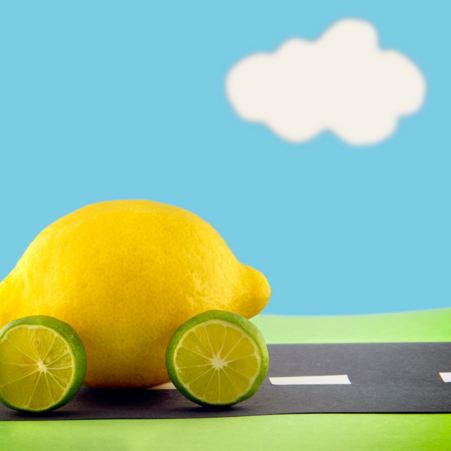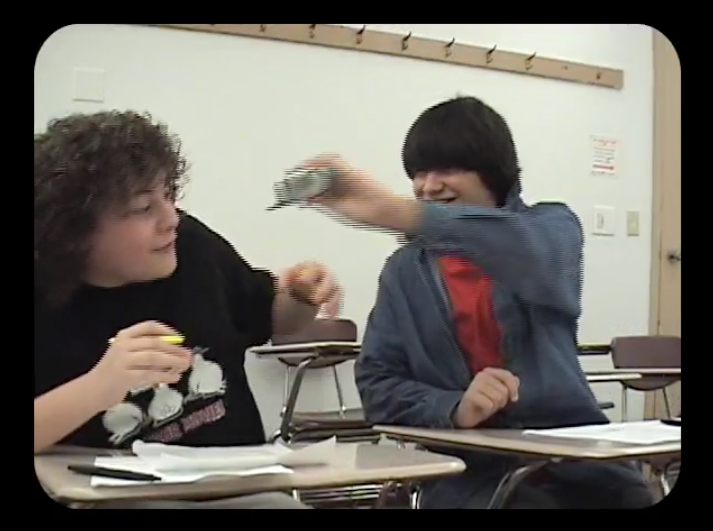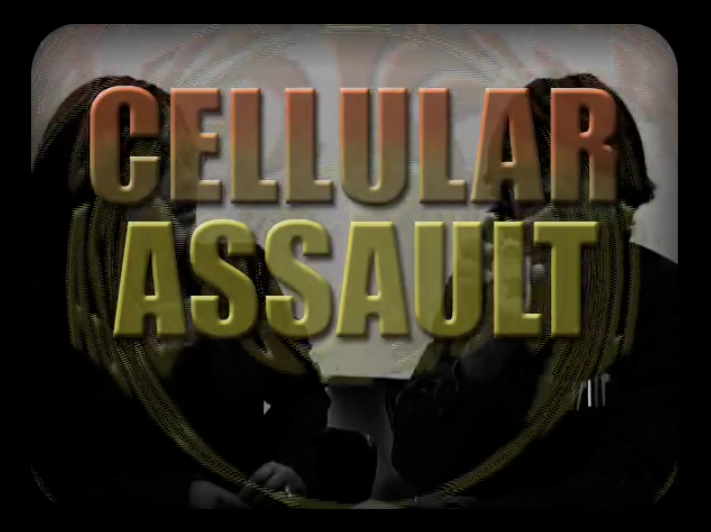Euphemisms and Dysphemisms

 People use euphemisms and dysphemisms to enhance what they really mean or to avoid directly saying something nasty about a person, place or idea. These terms give you an easier way to talk about something you find very scary or very embarrassing and let you lighten discussions that are disturbing or uncomfortable.
People use euphemisms and dysphemisms to enhance what they really mean or to avoid directly saying something nasty about a person, place or idea. These terms give you an easier way to talk about something you find very scary or very embarrassing and let you lighten discussions that are disturbing or uncomfortable.
Euphemism: A euphemism is a word or phrase people use to make something or someone sound positive, good and likeable.
Dysphemism: A dysphemism is a word or phrase people use to make something or someone sound negative, bad and unlikeable.
People created these terms for almost everything in life. You find euphemisms and dysphemisms in all kinds of talk dealing with politics, death, bodily functions, work, school and play. Think about going to the bathroom: You don’t usually hear people say they need to pee or poop. Since bathroom talk is considered embarrassing or, in certain circumstances, impolite, people use many expressions as replacements.Bathroom euphemisms include powder my nose, see a man about a horse, visit the facilities and wash up. These terms make going to the bathroom sound a bit nicer, don’t they? (Far be it from us to add a snippet about bathroom dysphemisms here! Feel free to come up with a few in the name of education!)
Finding ways to refer to the bathroom might be a chore, but euphemisms and dysphemisms also describe jobs and job titles. If you like a writer, for example, you might use a euphemism and call him a creative wordsmith; on the other hand, you’d use a dysphemism and call him a hack if you don’t like his writing.If a writer promotes a specific singer, he might call her a songbird with the voice of a nightingale. This euphemism makes you want to hear the singer. However, if he disliked her, he’d write that she’s a warbler who caterwauls. You wouldn’t have much interest in hearing a singer with that description.The singer might have bodyguards referred to as escorts, a euphemism making them seem like nice companions, or thugs, a dysphemism making them seem like mean, nasty characters.
Sometimes euphemisms can be used to sugar-coat or spin the truth. Note that spinning the truth sounds a lot better than covering up the truth.
Euphemisms and dysphemisms can trade places, too. “Back to the grind” shows a negative feeling about returning to work or school, but the dysphemism turns into a euphemism when it’s said with a smile and tone of affection.
Euphemisms and dysphemisms give a neutral sentence two different sounds. Let’s use the neutral sentence “The unmarried woman lost her job selling used cars.”
- A sentence filled with euphemisms: The bachelorette was dehired from her job matching people with experienced vehicles.
- A sentence filled with dysphemisms: The spinster was given the ax from her job unloading lemons on unsuspecting buyers.
Through euphemism and dysphemism, one neutral sentence takes on two different meanings. his misleads others based on emotion. When you watch or read news reports, listen and look for euphemisms and dysphemisms. You will find them in expected and unexpected places and learn how people feel about a person, place, thing or idea simply by the word choices they make to describe and explain.
Now you try: Can you spot the euphemism and dysphemism in the pair below?

#1 This house is…
- a cozy house that needs some TLC
- a pale and claustrophobic dump

#2 This car is…
- an old clunker
- a classic

#3 This assignment is…
- inspired by a source
- plagiarized

#4 This hotel is…
- economical
- cheap
Have You Seen This?
In April Fool’s News, Cellular Assault is a dysphemism for accidentally knocking a phone on the floor.
In the beginning, the boy with the yellow highlighter accidentally knocks the phone on the floor:
In a decision to “do something funny with the news” on April Fool’s Day, this gets reported as a case of Cellular Assault:
More food for thought
Here is another pair of words to consider:
Denotation is the exact dictionary meaning of a word.
Connotation is the suggested meaning of a word and is based on the emotive force the word carries.


